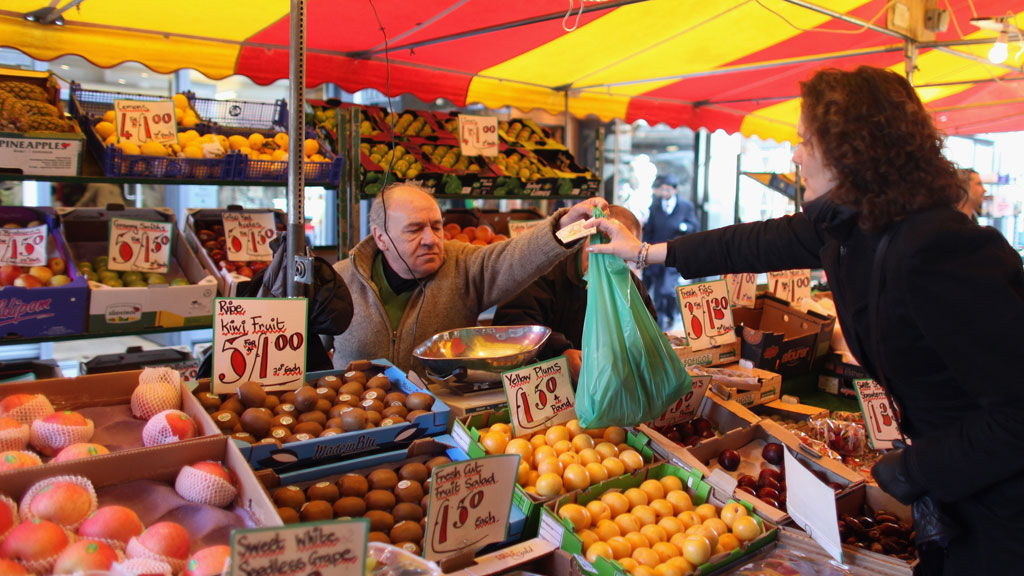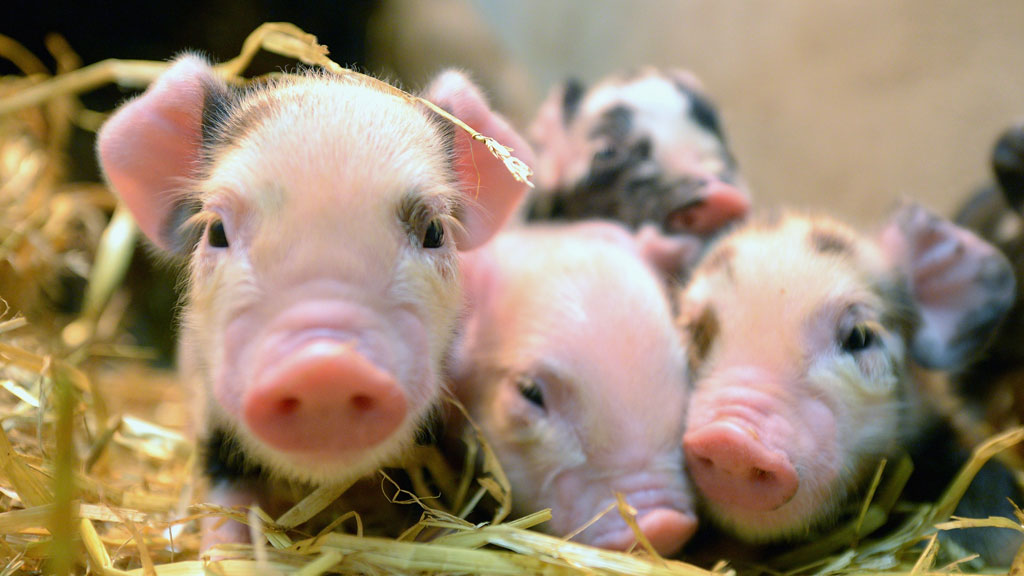The true cost of food: not all about the price
Buy one, get one free: shops are wooing consumers with offers and vouchers, pushing down the rise in food prices to their lowest in almost three years.

Food prices are still rising – but at their lowest level since June 2010, as retailers resort to heavy discounting to keep cash-strapped customers coming through the doors.
The latest survey by the British Retail Consortium shows an increase of 2.4 per cent in May, helped by a sharp fall in the price of key commodities like wheat and corn. That is compared to food price inflation of 4.3 per cent a year ago.
Forecasters say the chance of good grain harvests this summer should ease the pressure on prices still further, which should mean cheaper animal feed, lowering the price of meat.
Mike Watkins, head of retail and business insight at Nielsen, said sales had been badly affected by the weather, forcing businesses to give away discounts in the form of vouchers or coupons. But he predicted the outlook for the next three months was looking “much brighter”.
Despite the relatively high cost of food, millions of tonnes still go to waste around the world, while vital resources are ploughed into animal feed. This week, an influential committee of MPs said that tackling food waste should become an urgent priority.
All’s swill that ends swill
They have urged big retailers to cut down on the amount of food they throw away, but now a new campaign has been launched to coincide with world environment day, calling for new laws which would allow waste to be fed to pigs.
According to campaigners, unsold or uneaten food which is certified as safe, but unfit for human consumption, should be able to be diverted into pig feed, instead of being thrown away.
A collection of groups, including Compassion In World Farming, Friends of the Earth and the Soil Association, are calling for a change in European law to revive the traditional practice, within a proper legal framework to make sure that it is processed safely.
Feeding waste to pigs and other livestock was banned in 2001 after the outbreak of foot and mouth disease, and fears that infected meat might enter the food chain. The UK ban spread to the whole of the European Union in 2002.

At the moment, environmentalists claim, land in the Amazonian rainforest is being cleared to grow crops like soya, wheat and maize to feed farm animals, rather than people, while 97 per cent of the world’s soy is used for animals.
Tristram Stuart, the founder of the Feeding the 5000 pressure group, said people had been feeding surplus food to pigs for thousands of years. “Reviving this tradition will help to protect forests that are being chopped down to grow the millions of tonnes of soya we import from South America every year to feed our livestock.”
To help get the message across, the “pig idea” campaign has recruited a range of leading chefs, who will cook up some of their favourite pork dishes in London’s Trafalgar Square this November.
The television chef and all-round campaigner Hugh Fearnley-Whittingstall is among them. “Pigs can be a highly effective recycling system, with the potential to turn a massive problem of food waste into a delicious solution. It’s mad not to,” he said.